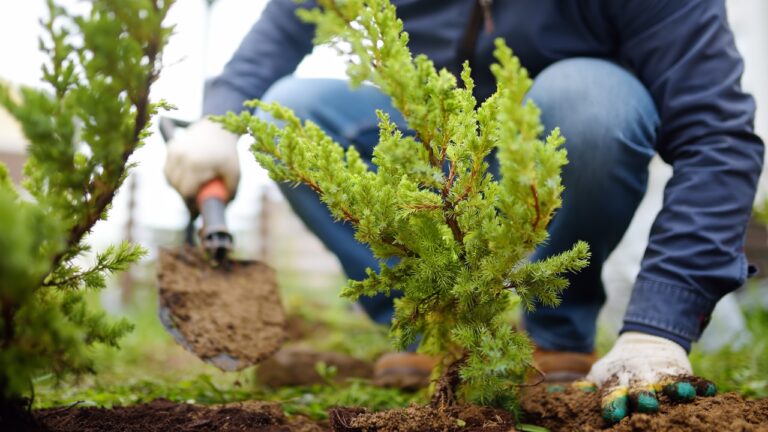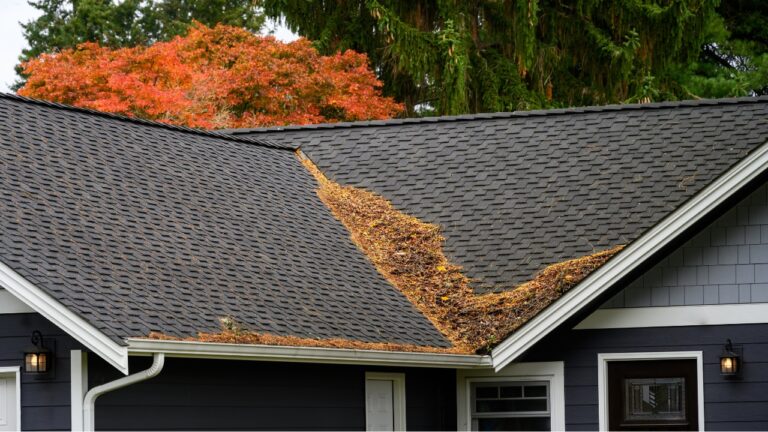10 Things That Feel Way Different in a Town With No Stoplights (pt 1)
Living in a town without a single stoplight changes your pace. Everything slows down—not in a bad way, but in a way that makes you pay attention. People aren’t in a rush, schedules shift with the seasons, and the small things carry more weight. Once you’ve lived this way, you start to see things differently—because they are different.
Grocery Runs

You don’t “run to the store” anymore. You plan it. You remember what you forgot the second you pull out of the lot and debate whether it’s worth going back.
There’s no 24-hour option and no second choice across town. When the grocery closes, that’s it.
School Pickups

You’re not fighting a line of 100 cars. It’s a handful of trucks and a couple side-by-sides, maybe a few parents chatting by the gate.
You know most of the kids, and someone’s always got an extra seat if your kid needs a ride.
Parade Days

When there’s a parade, the whole town shuts down—and no one’s mad about it. Kids skip school, businesses close early, and lawn chairs show up in ditches hours before it starts.
You don’t see that in bigger places. Here, it’s tradition.
Church Traffic

In towns with no stoplights, Sunday morning traffic means five cars behind a tractor headed to church. And no one honks.
You wave, maybe take the long way around, and don’t think twice about being late.
UPS Deliveries
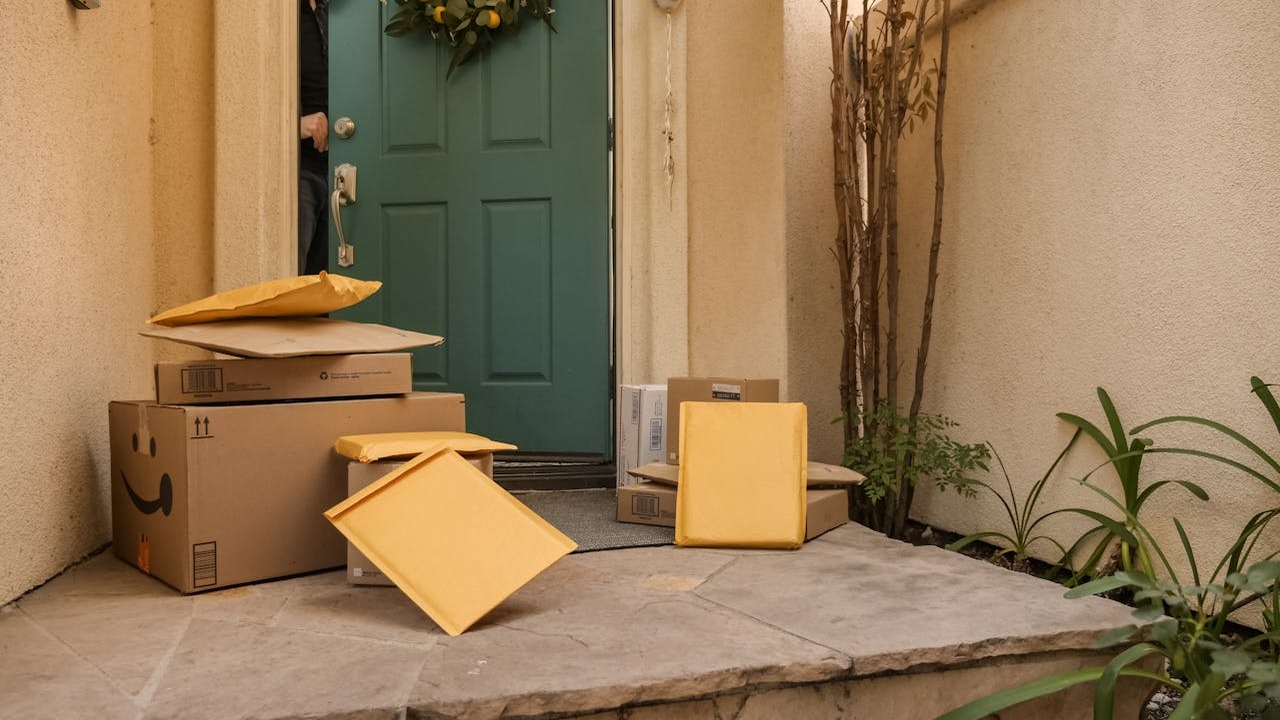
Your driver might pull up in a dusty van, know your dog’s name, and leave your package in the garage if it’s raining.
You get used to the rhythm of deliveries—and how personal they start to feel.
Teenagers Driving Tractors
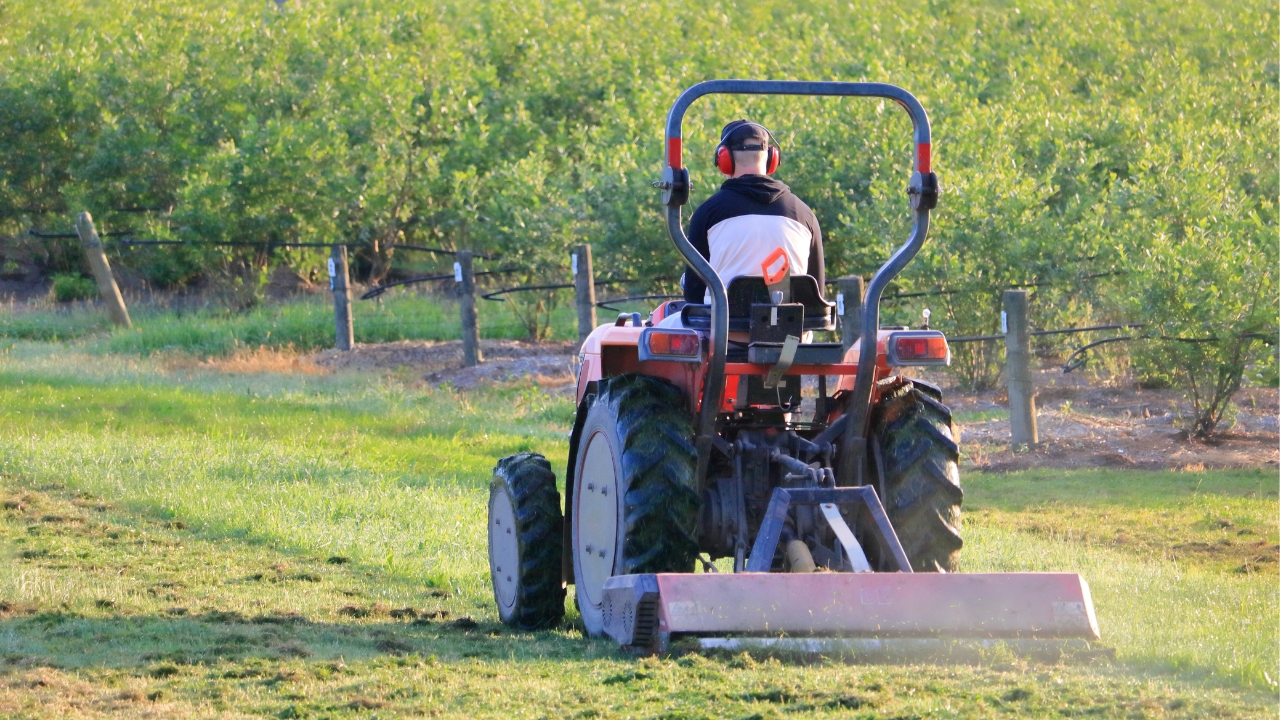
It’s not weird. It’s normal. You’ll see kids younger than you’d expect hauling hay or pulling into the feed store on their lunch break.
It catches newcomers off guard—but out here, it’s part of growing up.
Borrowing Something From a Neighbor
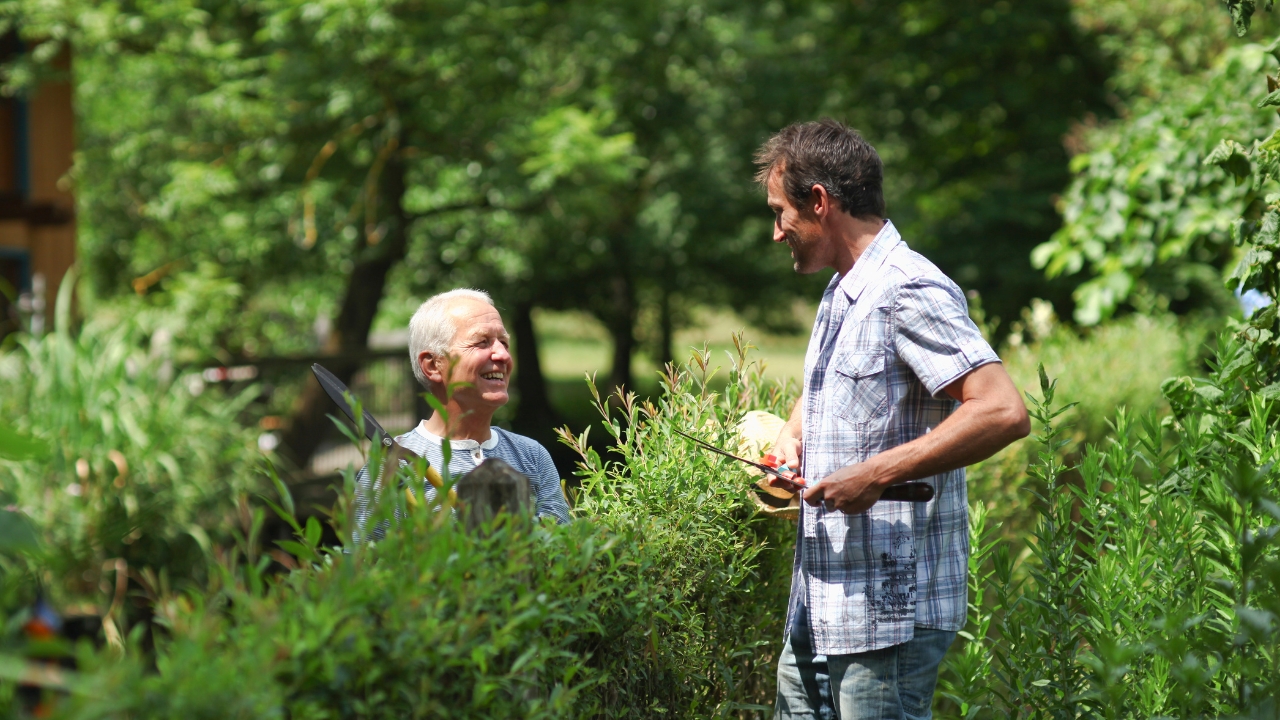
You don’t run to the hardware store—you call next door. People lend stuff freely because everyone understands how far the store is.
You always return it in better shape than you got it, because that’s how you keep the trust going.
Calling the Sheriff by Name

It’s not “the police”—it’s Todd. Or Mike. You know them personally, and they know your kids and your dog.
That familiarity works both ways. It keeps people respectful—and accountable.
Snow Days
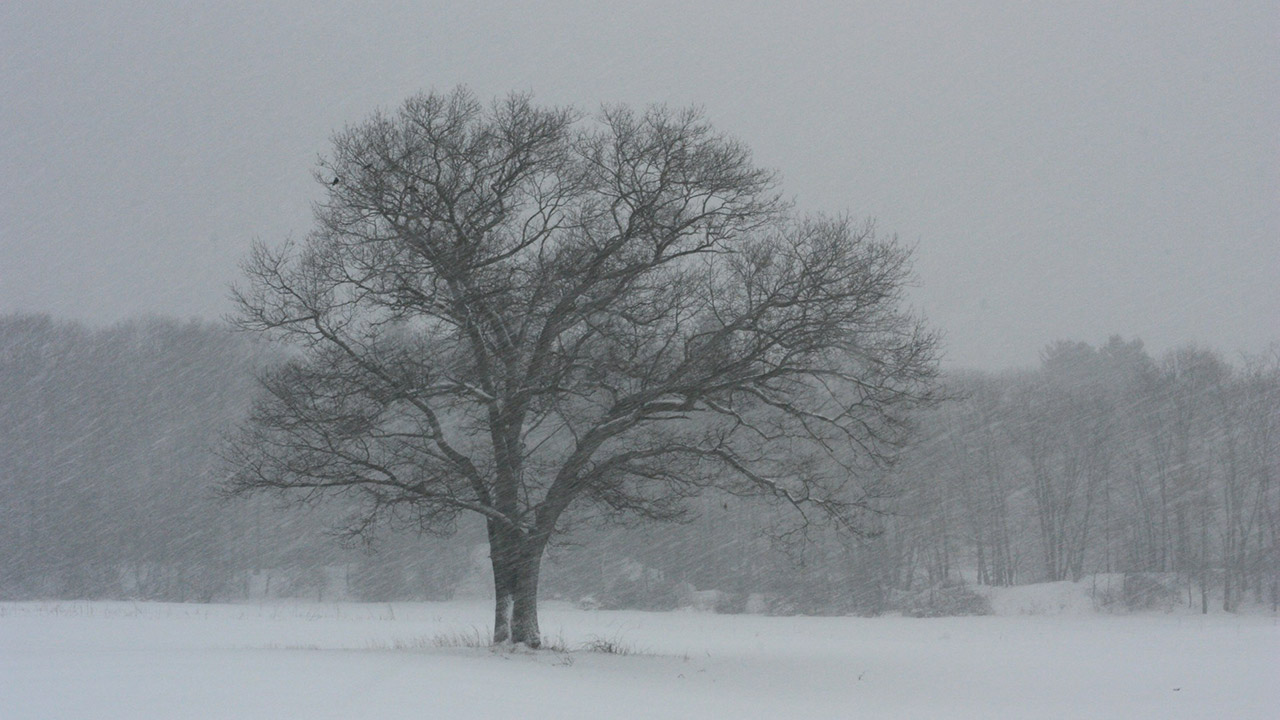
If the school’s closed, it’s probably because the buses can’t get down a gravel road. And no one’s clearing your driveway but you.
You don’t wait around for a plow. You layer up and get to work with what you’ve got.
Kids Playing in the Road

With no stoplights and barely any traffic, kids actually can ride bikes in the street. And they do.
You still watch them, but you’re not constantly shouting for them to move like you would in a city.
Holiday Closures
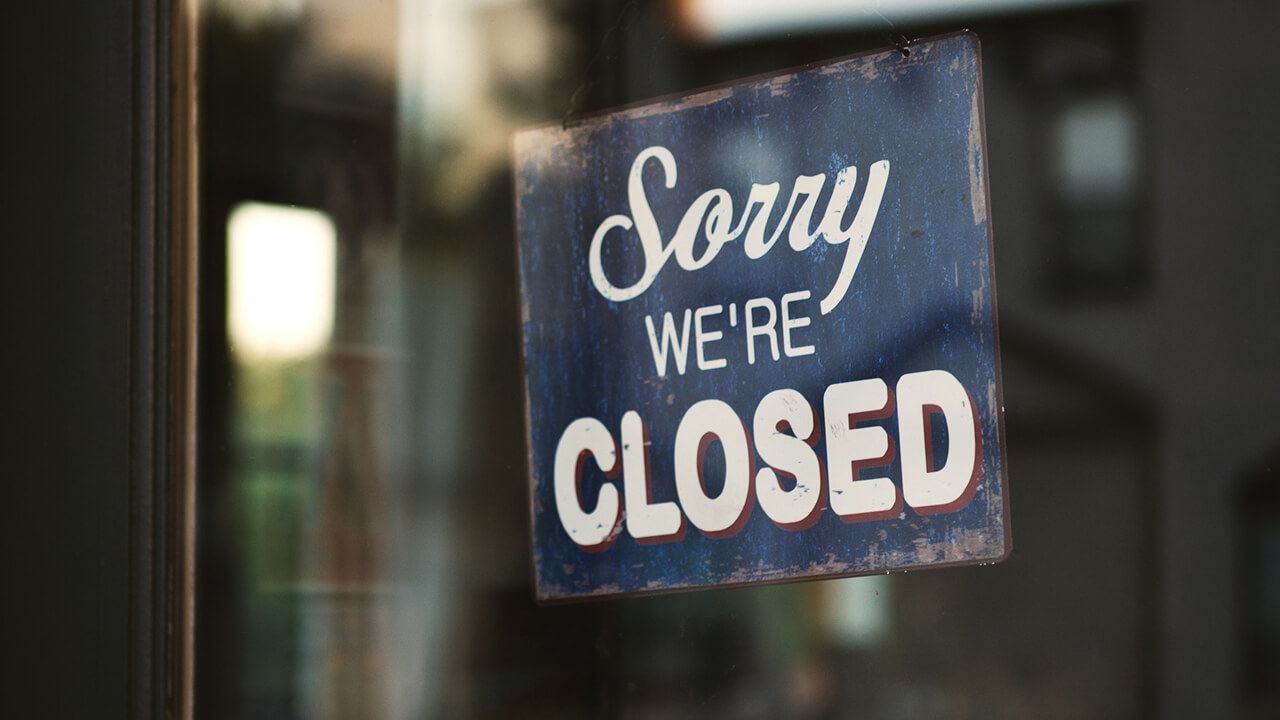
On Christmas Eve or the Fourth of July, don’t expect anything to be open after noon—if at all.
People want to be home with their families, and businesses plan for that. You learn to respect it.
Friday Night Football

Even if you don’t have a kid on the team, you still go. Because it’s where the town is.
You sit on metal bleachers, eat concession nachos, and know that win or lose, the post-game talk lasts for hours.
Gossip in the Aisles

You don’t overhear strangers—you overhear people you know. You learn things in the canned goods aisle that never make it to Facebook.
It’s a different kind of news cycle—and you’d better believe people remember what you say.
Knowing Every Dog’s Name
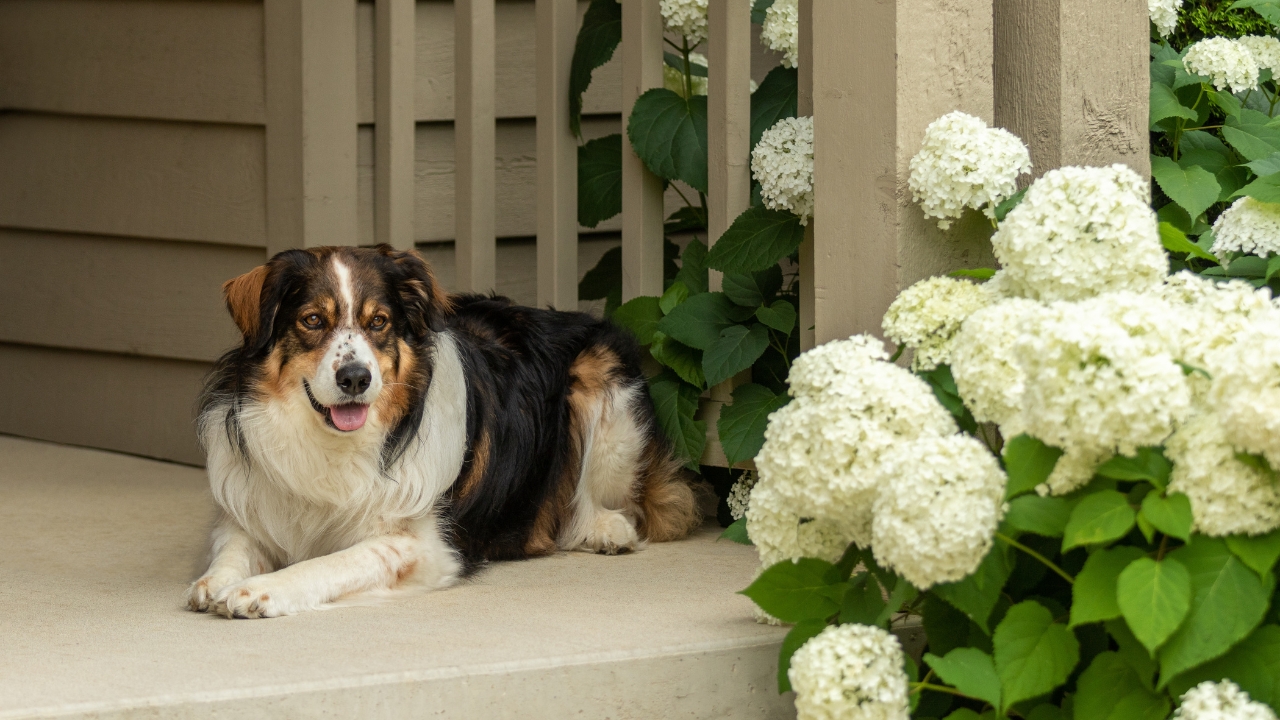
You might forget a person’s name, but you’ll remember their dog. You recognize who belongs to who by the tailgate or leash they’re tied to.
That familiarity builds fast in a town where dogs ride shotgun more than people do.
Getting Gas Isn’t Automatic

You can’t assume gas is always available. Pumps shut off early. Card readers go down. That last-minute fill-up may not happen if you don’t plan ahead.
You start topping off before the tank’s low—and keeping a gas can at home, too.
*This article was developed with AI-powered tools and has been carefully reviewed by our editors.



